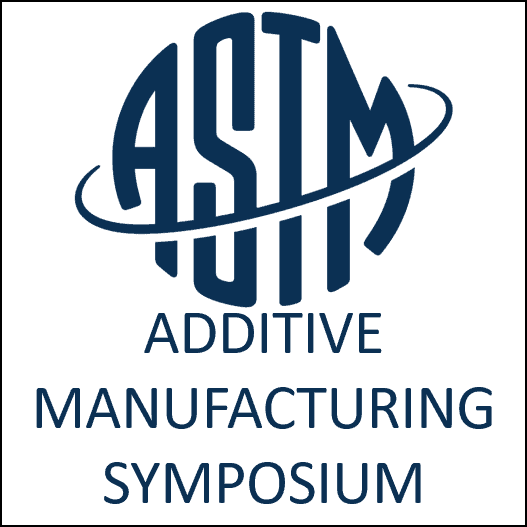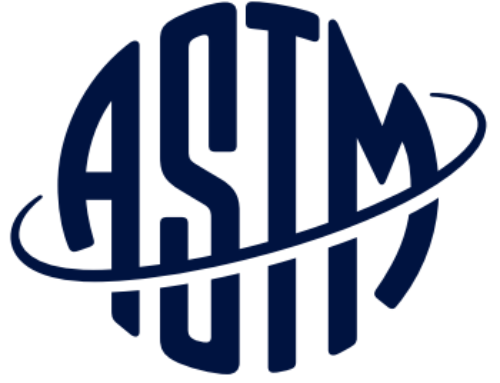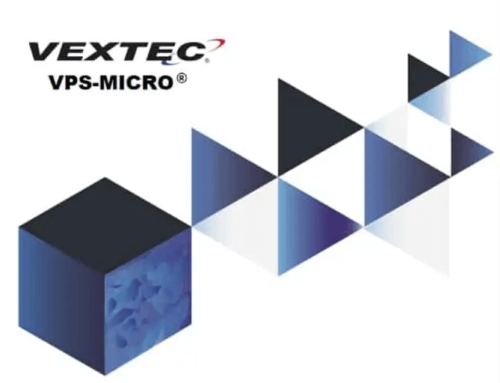ASTM’s Symposium on Structural Integrity of Additive Manufactured (AM) Parts was held in the first week of November in Washington, DC. Being part of ASTM’s Committee Week, the symposium was sponsored by a number of ASTM Committees (F42 – Additive Manufacturing Technologies; E08 – Fatigue and Fracture; E07 – Nondestructive Testing) as well as national and international partners (NASA, NIST, European Structural Integrity Society, among others). Interest in this year’s AM symposium was so enthusiastic, ASTM needed to secure a larger venue and additional lodging to accommodate the 150+ attendees. As such, the symposium was held nearly a mile away from the main ASTM standards development meetings…and as anyone who has had to endure downtown D.C. traffic can attest, that’s a tough mile!
Over the three days of the meeting there were a number of very interesting presentations, as well as panel discussions on how AM is impacting nondestructive testing, medical device manufacturing, and the aerospace industry. VEXTEC’s symposium topic (“Probabilistic Computational Fatigue and Fracture Modeling of AM Components”) differed from the majority of presentations. ASTM’s focus on testing and test methods was reflected in most of the speakers’ content; few discussed the emergent issue of how to rapidly certify components manufactured using AM processes. VEXTEC’s VPS-MICRO® software, our virtual tool for evaluating material and component durability, efficiently uses probabilistic techniques to provide users with effective virtual supplements to physical testing of metallic components. This can have a large beneficial influence on the time and resources required for certification of these challenging AM technologies for critical-use applications.
VEXTEC looks forward to our current work in AM being included in a peer-reviewed ASTM Special Technical Publication (STP 1620) that is due to be published in the next year.






Leave A Comment